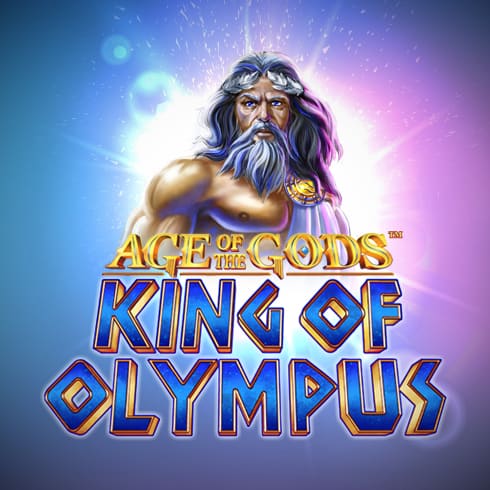The Age Of The Gods King of Olympus marks a monumental transition in the realm of mythology, as ancient tales converge with modern interpretations. This era is characterized by the emergence of legendary gods and goddesses who govern various aspects of life, imbibing mortal existence with wisdom, power, and complexity. As we explore this fascinating period, we will delve deep into the narratives surrounding these divine beings, their significance within the tapestry of human history, and the profound impact they have had on art, culture, and literature.
Origins of the Olympian Gods
The J88 of the Olympian gods begins long before they took their thrones atop Mount Olympus. Understanding their origins requires a journey through primordial chaos and the birth of the universe.
Creation Myths: From Chaos to Order
Creation myths serve as vital foundations for understanding the rise of the Olympians. In the beginning, there was chaos—a swirling void from which everything emerged.
Chaos birthed Gaia (Earth), Tartarus (the abyss), and Eros (love), setting the stage for the creation of the world. From Gaia came the Titans, immense beings that embodied various forces of nature. These early deities ruled during a time often referred to as the Golden Age, where humanity thrived under their benevolent gaze. However, this idyllic period did not last forever; conflicts arose among the Titans, leading to the eventual rise of the Olympians.
The Titan Cronus, fearing a prophecy that foretold his downfall at the hands of one of his children, devoured each of them at birth. Yet, Rhea, determined to save her youngest child Zeus, hid him away in a cave. When he grew older, Zeus returned, leading a rebellion against Cronus and freeing his siblings, thus paving the way for a new pantheon.
The Birth of Zeus and the Olympians
Zeus is hailed as the foremost figure among the Olympians. He represents not just power but also justice and order. His ascension involved not merely a physical battle but an ideological one—one that established the principles of governance, morality, and balance.
As Zeus took command, he was joined by his brothers Poseidon and Hades, who were assigned dominion over the sea and the underworld, respectively. The sisters, Hera, Demeter, and Hestia, represented familial bonds and agricultural prosperity. Together, they formed a complex family dynamic filled with rivalries, alliances, and the struggles of mortal life.
Each Olympian god brought unique attributes and narratives to the table. For instance, Athena, born fully grown from Zeus’s forehead, symbolized wisdom and strategy, while Apollo embodied knowledge and artistic expression. This diverse assemblage of characters enriched the stories woven around them, allowing for endless exploration of themes such as love, sacrifice, ambition, and betrayal.
Characteristics of Olympian Deities
Understanding the Olympians extends beyond mere genealogies; it involves exploring their characteristics and how these traits resonate with humanity. Each deity represents archetypal qualities that reflect the strengths and vulnerabilities inherent in human nature.
For example, Aphrodite embodies love and beauty, yet her existence brings strife and conflict. Her allure leads to both adoration and jealousy, reminding us of the duality in relationships. Similarly, Ares represents war—not just the glory of conquest but also the destruction and devastation that accompany it.
These characteristics make the Olympians profoundly relatable. They are not pristine beings devoid of flaws; rather, they are imbued with the complexities of human emotions and experiences. As storytellers, ancient poets painted them not only as divine figures but also as reflections of the human condition.


